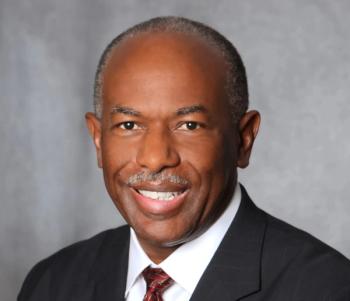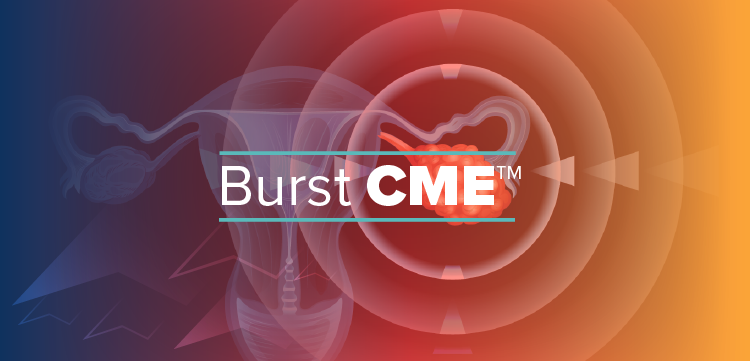
Hospitals warn of closures with Senate tax bill
Hospitals say Medicaid cuts would leave millions of Americans without coverage and add financial pressures to hospitals. They say some hospitals would end up shutting down.
As far as hospitals are concerned, the Senate has turned the tax legislation into One Big Brutal Bill.
Hospitals have widely condemned
Senate Republicans have
Even so, trade groups for hospitals detest the Senate proposal and warn that if President Trump signs off on the legislation, some hospitals will end up shutting down. They say millions of Americans would lose Medicaid coverage, forcing hospitals to spend much more to provide care for patients with no ability to pay. They blasted provisions that they said would make it harder for states to pay for Medicaid programs.
Rick Pollack, president and CEO of the American Hospital Association, said the measure will threaten care for millions and jeopardize hospitals.
“We are disappointed that the Senate bill goes in the wrong direction and is substantially worse than its House counterpart,” Pollack said in a statement Saturday. “By making severe limitations to provider taxes and state directed payments, two lifelines for hospitals, the bill will result in the curtailing of essential services and the closure of hospitals, particularly in rural areas.”
The American Hospital Association sent a
Bruce Siegel, MD, president and CEO of America’s Essential Hospitals, offered a blunt assessment of the legislation.
“This bill would destabilize hospitals across the nation, jeopardizing the health of millions of Americans,” Siegel said in a statement. “We urge the Senate to strengthen and support our hospitals, not destroy them.”
‘Goes much too far’
The legislation would reduce the amount most states can charge in provider taxes, which enable those states to obtain more funding from Medicaid. The provider tax, which is currently up to 6% in some states, would be gradually lowered to 3.5% by 2032, under the latest Senate language. The provider tax in those states would be reduced beginning in 2028.
Hospital groups are also trying to make the case that the changes won’t just affect millions who rely on Medicaid coverage. If a local hospital cuts services or shuts down, that affects everyone in the community.
If the Senate package is enacted, 11.8 million Americans would lose Medicaid coverage by 2034, according to an analysis by the nonpartisan Congressional Budget Office, the
Matthew Cook, president and CEO of the Children’s Hospital Association, said the Senate version of the legislation “is a crisis for children's health care, hospitals, and providers nationwide, and we ask Congress to oppose it as an act of support for America's children.”
“The bill goes much too far. It cuts crucial funding streams like provider taxes and state directed payments,” Cook said in a statement. “That means your child – regardless of their insurance status – could see the services they rely on reduced or eliminated with significantly less support to sustain them. The bill amounts to fewer doctors and nurses to see your child, longer wait times, and sicker children. We know that the impacts of poor pediatric health care reverberate for a lifetime.”
While the Senate legislation is moving toward passage, analysts say it’s not a done deal. Some Senate Republicans have raised concerns about the prospect of Medicaid cuts and fears of hospital closures, particularly in rural areas. If the Senate does approve the bill, the measure returns to the House and both chambers will need to sign off on changes to the package.
Sen. Thom Tillis, a North Carolina Republican,
Sen. Mark Warner, a Virginia Democrat, cited the threat to hospitals in his opposition to the Senate bill
“It's not like these people are not gonna get sick,” Warner said in the interview. “They're gonna show up at the emergency room. Rural hospitals are gonna shut down.”
‘It’s not too late’
“Thoughtful GOP Senators have sounded the alarm all week, but the Senate Republican leadership returned a hollow response,” Kahn said in a statement over the weekend. “The Medicaid cuts in the Senate GOP bill deliver a devastating blow to rural communities and will decimate care for millions of Americans.
“The cuts will pull Americans’ federal tax dollars from communities across the nation, slashing funding for patient care and causing a domino effect – that will increase costs and reduce hospital access for families with private insurance, seniors on Medicare, and vulnerable kids and adults alike,” Kahn said. “Now is the time for senators to stand up and protect their communities – it’s not too late.”
Both the Senate and House packages contain work requirements for healthy Americans, although the Senate plan would have greater requirements. Some healthcare groups,
Hospital groups have also objected to provisions that would allow subsidies that support the Affordable Care Act to expire. The loss of those subsidies could lead to five million Americans losing health coverage, the Catholic Health Association says.
Healthcare advocates have also protested language that would leave fewer Americans getting food assistance.
















































